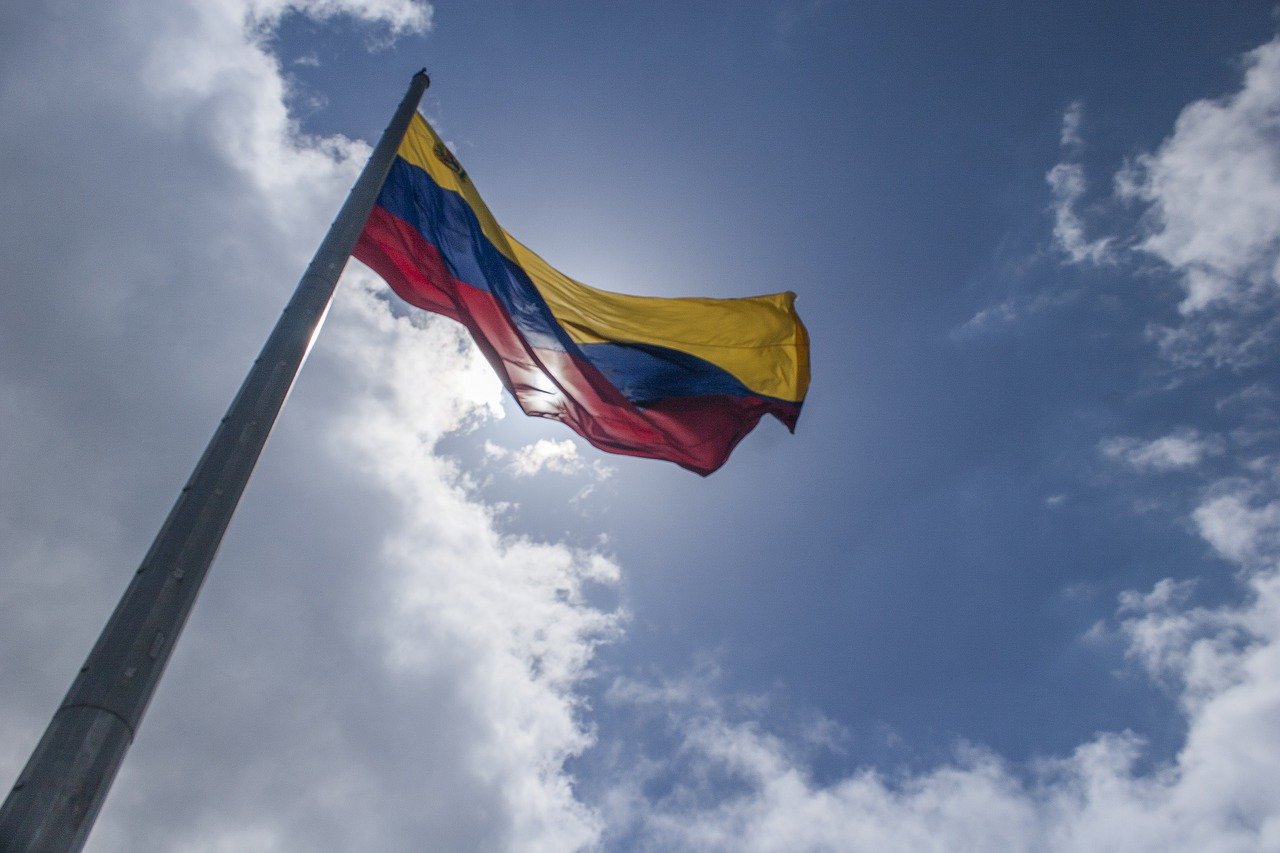The current U.S. presidential election is, so far, the one that has garnered the most interest and concern among the Venezuelan people. Due to the influence of the US, the results will not only affect the future of America itself, but will also have an impact on the rest of the world.
Both Donald Trump and Joe Biden have addressed the situation of Venezuela during their campaigns as part of their electoral strategies. After all, Venezuela is a clear example of unwise policies that can lead a country to a collapse: with worrisome inflation, an increase in poverty, violations of human rights and the greatest migration that the continent has ever seen.
Venezuela’s current situation represents a problem for the stability of the region and, for this reason, both candidates have distanced themselves from Nicolas Maduro’s policies and have openly referred to him as a dictator. The fact that Trump and Biden consider him a threat is significant for the population, to generate at an international scale the necessary debates, aid and restraints in the current crisis.
During his administration, Trump has hardened measures against the Maduro regime by increasing the sanctions initiated by Barack Obama. Until now, the strategy has been one of maximum pressure to wear Maduro down; a tactic the European Union has also joined in with by imposing its own sanctions, considering that a corrupt policy with human rights violations prevails in Venezuela.
Trump’s vision for Venezuela has not changed in his electoral discourse and actions as president. He has been an ally to Venezuelan opposition politicians for the past four years, but it must be considered that the measures towards Venezuela have been supported by both Republicans and Democrats, so it is an issue of interest for U.S. policy in general.
Biden has also included Venezuela in his electoral agenda. Not only has he called Maduro corrupt and a dictator, he has also noted that international efforts are needed to recover democracy and stop the humanitarian crisis. According to his campaign representatives, to achieve his objectives he is expected to work closely with the international community and continue with the sanctions, but with a different, and probably more moderate, coordination and approach than Trump.
Venezuela became a weapon during this electoral campaign. Trump has told the electorate that the US will become similar to Venezuela if Biden is elected president, considering that he embraces the extreme left. Biden dissociated himself from these accusations and rebuked that it is Trump who fuels division and feels comfortable among dictators.
In addition to the continuity of Venezuelan policy, one of the issues of greatest concern is the Venezuelan parliamentary elections scheduled for December 2020. A large part of the opposition will not participate in these and some countries have already announced their refusal to recognize the results in the current conditions, considering that the process will not be transparent and democratic, since public institutions are not separated from the government. In addition, a few months ago, Maduro expropriated several of the opposition political parties and handpicked their leaders.
The problem lies in the fact that Juan Guaidó is recognized as the president-in-charge, through his position as president of the National Assembly, after applying Article 233 of the Venezuelan Constitution. What happens when Guaidó does not run for re-election? Will the next president of the United States ignore the results? Everything seems to indicate that both Biden and Trump will consider the process as fraudulent, but this is still a few weeks away.
Some analysts believe that the approach of opposition Venezuelans should be neutral, because good relations with the White House are in the country’s interests, regardless of the party in charge. To a considerable extent, Venezuela’s fate relies on the support of the United States, after all, it was Trump who first recognized Juan Guaidó in 2019 as the president in charge, followed by more than 50 other countries.
It is uncertain what action any of the candidates will take upon arriving at the White House, which may also change over time depending on circumstances. Therefore, an impartial position seems to be the most prudent option, thinking, moreover, that for some people none of the candidates is ideal.
For its part, much of the population has become polarized. In the United States there is a large community of Venezuelans and many of them can exercise their vote as they have citizenship. In general, great expectations have been created for what will happen. The unfortunate thing is that divisions and fights still exist, which have their origin in Chávez’s speeches, where he incited to hate those who think differently.
Some Venezuelans prefer Donald Trump’s continuity because of the political line he has had towards Venezuela. Trump’s sanctions have hit Maduro’s regime in recent years and, in large part, are designed to exhaust the political model that has been in practice for more than two decades. But Trump’s victory does not guarantee that Venezuela will emerge from the crisis, just that a similar policy line could be pursued.
Others have leaned toward Biden because of distaste for certain Trump policies. They see with concern, especially, the provocative, offensive and impulsive personality of the current U.S. President, which is why many have considered him to be similar to Chávez, despite the fact that their political positions are different.
This polarization is causing strong arguments among Venezuelan relatives, friends and strangers. All sides are going on the offensive, qualifying those who think differently as unintelligent, communists, pro-Maduro and regime employees. This shows the damage done by Chávez and Maduro’s strategies, not only to the collapse of the country, but also to the minds of Venezuelans, splitting the population in such a serious way that it seems that hatred leaves no room for respect for free thought and beliefs.
Image credit: Alexander Rodriguez

